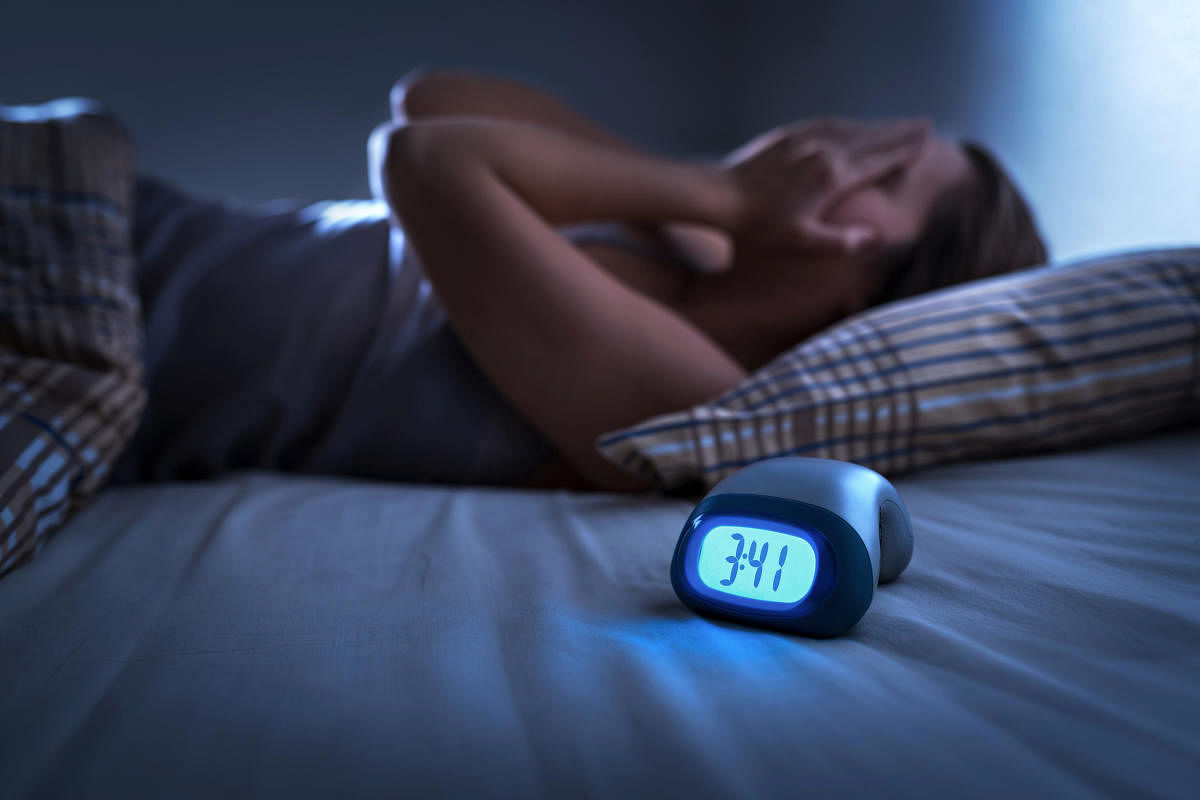
Shalini (name changed) fears sleeping alone. It’s not something she talks about openly. “I am 32 and people don’t expect adults to have this problem. I have shared this with a few friends and they come over when my husband is out of town,” says the techie, who stays in Koramangala.
“The fear crept in after a 2014 incident. I saw a hand entering through my window. It was 2 am. I was in a state of half-sleep and I assumed it to be a ghost when it was a thief. That imagery has got stuck in my head. My flatmate was out partying that night. I was alone,” she recalls.
According to Dr Raghu K, chief psychiatrist at a hospital in Uttarahalli, Kengeri, the fear of sleeping alone is a common problem among grown-ups but they aren’t forthcoming about it. “They come to us complaining about sleeplessness. Only when we start investigating, we diagnose this fear. One-third of people in the world suffer from sleep disorders and I would say at least 10% of them are such cases,” he shares.
Counselling psychologist and EQ practitioner Arpitha Ranganath from Bengaluru has observed the same. Two out of five adults who come to her with sleep issues carry this fear. They don’t broach this topic openly because of the stigma associated with it. The society expects adults to be independent enough to sleep alone, she explains.
What drives this anxiety
In some cases, the cause can be traced back to childhood, and in some, a trauma experienced in the adult years sticks on. The fear can arise from the anticipation of theft or medical emergency, or nightmares, or a frightening sleep paralysis episode, or phobias about rats lurking in the house.
There’s also the issue of unresolved separation anxiety. Dr Raghu explains, “In India, it’s a common practice for children to sleep with their parents often till they reach their teens. If this transition from co-sleeping with parents to sleeping alone doesn’t happen well, it can leave them feeling insecure. So during this phase, parents must assure the child that they are around in case he/she needs help at night.”
With or without parents, some childhood incidents scar the mind.
Dr Sugami Ramesh, a clinical psychologist at a city hospital, talks about a woman in her 30s. “She would sleep only in the morning. Darkness reminded her of the time in childhood when two thieves had broken into her house.”
Sometimes, it could be an underlying disorder. Dr Raghu shares a case study of an 18-year-old boy: “He could sleep by himself only when his mother told him ‘Good night’ a certain number of times in a certain manner. His anxiety was part of the Obsessive Compulsive Disorder.”
Such anxiety can set in at any time in life. Dr Raghu recalls a man in his 30s, who would sleep at the Jayadeva Hospital in Jayanagar.
“His wife was sleeping alongside their children and so, he had to sleep alone. He started getting anxious that if he gets a cardiac arrest, nobody will know. So he would sleep at Jayadeva every night and come back home by 7 am.”
Arpitha looks back on a case of a grandmother. “After her husband passed away, she found it hard to sleep alone as she started fearing death.”
Overall, any fear that threatens the emotional and physical sense of security of a person can trigger a chain of bad thoughts and hinder their sleep.
How to beat this fear
Accept: Begin by accepting that you fear sleeping alone and you want to fight it, says Arpitha.
Secure your home: If you fear break-ins, check if your door is locked, windows are sealed, and the watchman is doing rounds outside, before hitting the bed. Knowing that your house is secure will put your mind at ease, says Sugami.
Meditate: “Tune in to a guided meditation during bedtime. It will deviate your mind from stressful thoughts and help you visualise happy images,” says Arpitha. Even better is to sign up for classes on mindfulness meditation. It helps to slow down racing thoughts and relieves negative emotions.
Practice affirmation: “Say at least three affirmations three times before going to bed,” advises Arpitha. You can chant affirmations like ‘I am now ready for sleep. I am calm and safe as I lie down. I am now falling asleep with only positive thoughts about myself and my life.”
Reduce stress: “Walk for 45 minutes every day and practise breathing exercises like pranayam,” says Dr Raghu.
If talking to a friend or reading a spiritual book in bed makes you happy, try that. Your aim should be to sleep with a positive mind.
Try home remedy: Banana peel tea has gained a reputation as a sleep remedy. It’s packed with natural muscle relaxants like potassium, magnesium, and tryptophan. Dr Raghu endorses it too.
Seek help: “If you struggle to sleep alone straight for a week, see a mental health professional,” prescribes Dr Raghu. They may put you through a combination of counselling, journaling exercises, art therapy, cognitive behaviour therapy, depending on the diagnosis.